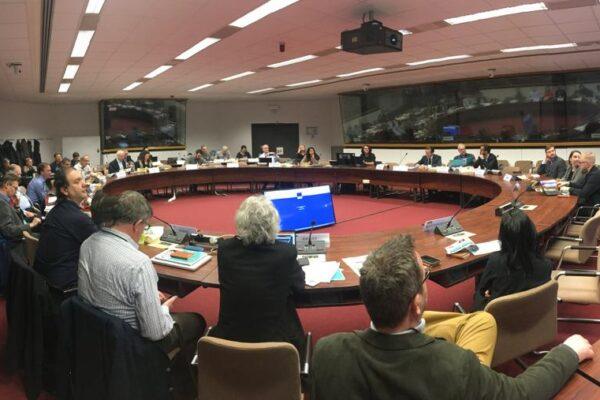

Smart Cities
The concept of Smart City has started emerging in the past recent years with the introduction of specific policy and directives by the European Union and by national governments. A Smart City is a city that “performs” well and is capable of answering citizens’ needs about urban quality: reduction of energy consumption and pollution, social cohesion, health, good administration and the accessibility and quality of the services of mobility and transport.
The most attractive European and non-European cities demonstrate that there can be no “smart” cities without a “smart” mobility. This has to be based, on the one hand, on an effective cooperation among the various mobility services (co-modality), and on the other – more important – on efficient, reliable, extensive and high-quality collective transport services.
A “Smart City”, in our opinion, is not a model all cities should stick to, but rather an opportunity to deeper investigate the needs and requirements of a city, so as to better support the design, realisation and integration of the most effective solutions and most suitable services to meet citizens’ demands.













